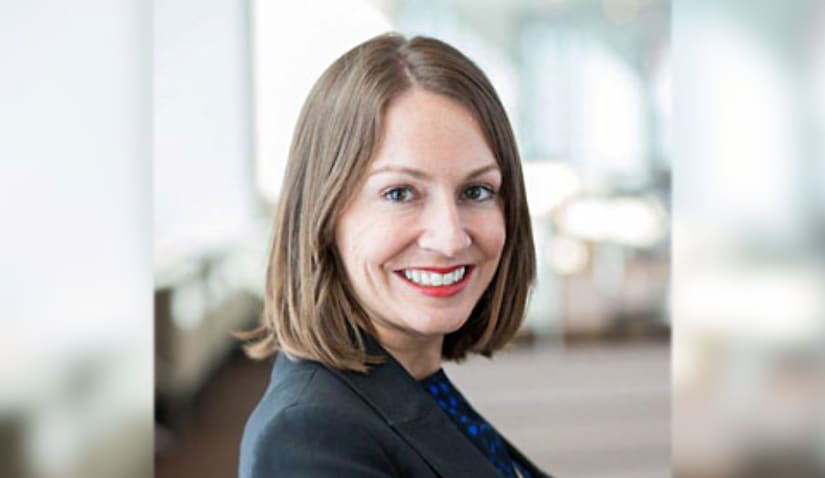Women now outnumber men on the High Court. So why aren’t equitable briefing numbers where they should be? Westpac’s GC weighs in.

Whilst the recent appointment of Justice Jagot to the High Court has been called a very “significant milestone for the legal profession” and representative of a modern legal profession, more work on equitable briefing is needed.
“In 2022, we still do not have equity in the legal profession which makes equitable briefing critically important,” she said.
“Despite more female practitioners practising law than ever before (and outnumbering male practitioners), there is still a significant pay gap and under-representation of women in senior positions.”
However, numerous improvements have been made since the launch of the Law Council’s Equitable Briefing Policy, Ms Gray noted.
“I have observed that there is increased awareness of the need to drive cultural change in our profession and that corporate Australia is now much more involved in briefing decisions. It’s no secret that recording and measuring data and performance helps to drive change, and I am a firm believer that since the Law Council’s launch of the Equitable Briefing Policy in 2016, there has been a shift in the way people think about briefing decisions,” she explained.
“For example, from Westpac’s perspective, since we started measuring our briefing practices, we have had a consistent upward trend in the number and dollar value of briefs to female barristers. It’s been incredibly rewarding to be involved.”
To that end, Ms Gray submitted that there are two key challenges that remain in terms of equitable briefing in the profession.
“One is that not everyone has adopted the Equitable Briefing Policy, and for those that have adopted the policy, submissions on briefing practices are confidential. My question is whether we can generate meaningful change if we are not holding each other to account. For instance, if I became aware that a law firm on our panel was not meeting suggested targets for equitable briefing, that would be an issue for discussion with that firm. Perhaps that discussion would influence change.
“The other challenge is pay and role equity — briefs to women is one thing, but we need to also consider the dollar value of briefs and equity in barrister roles (a simple example is speaking versus nonspeaking roles),” she said.
Organisations can combat these challenges in a variety of different ways, from hosting equitable briefing events to presenting a more diverse group of barristers to clients.
“The first step is to appreciate the level of influence and impact corporate Australia can have, and the second step is to get on board. While law firms are doing a lot of the heavy lifting in recommending barristers, it’s ultimately a client’s decision as to which barrister to brief. Then once a briefing decision is made, we can also influence roles and responsibilities on matters including equity in that context,” Ms Gray added.
“An in-house team can choose to lean into equitable briefing. By way of example, this year, our legal team has had a record number of volunteers join our Equitable Briefing Focus Group. For me, that’s evidence we have people in our teams that want to make meaningful change in our profession.
“Our Equitable Briefing Focus Group spearheaded various initiatives to promote equitable briefing, with our most recent initiative being the inaugural equitable briefing event, which focused on networking and ensuring our message is heard loud and clear.”
This, in turn, will assist with the retention of female barristers moving forward.
“One area I have been really interested in is why people stay in some jobs/teams and not others, which I think can be translated to why we choose to stay in our professions too. Two themes that come up over and over again are people stay in roles where they feel valued, and where they feel a real sense of belonging,” Ms Gray added.
“Equitable briefing is obviously critically important to both of these, but we need to also turn our minds to the very basic aspects of working life — people will not stay in roles where they cannot earn a sustainable income.”

Lauren is the commercial content writer within Momentum Media’s professional services suite, including Lawyers Weekly, Accountants Daily and HR Leader, focusing primarily on commercial and client content, features and ebooks. Prior to joining Lawyers Weekly, she worked as a trade journalist for media and travel industry publications. Born in England, Lauren enjoys trying new bars and restaurants, attending music festivals and travelling.